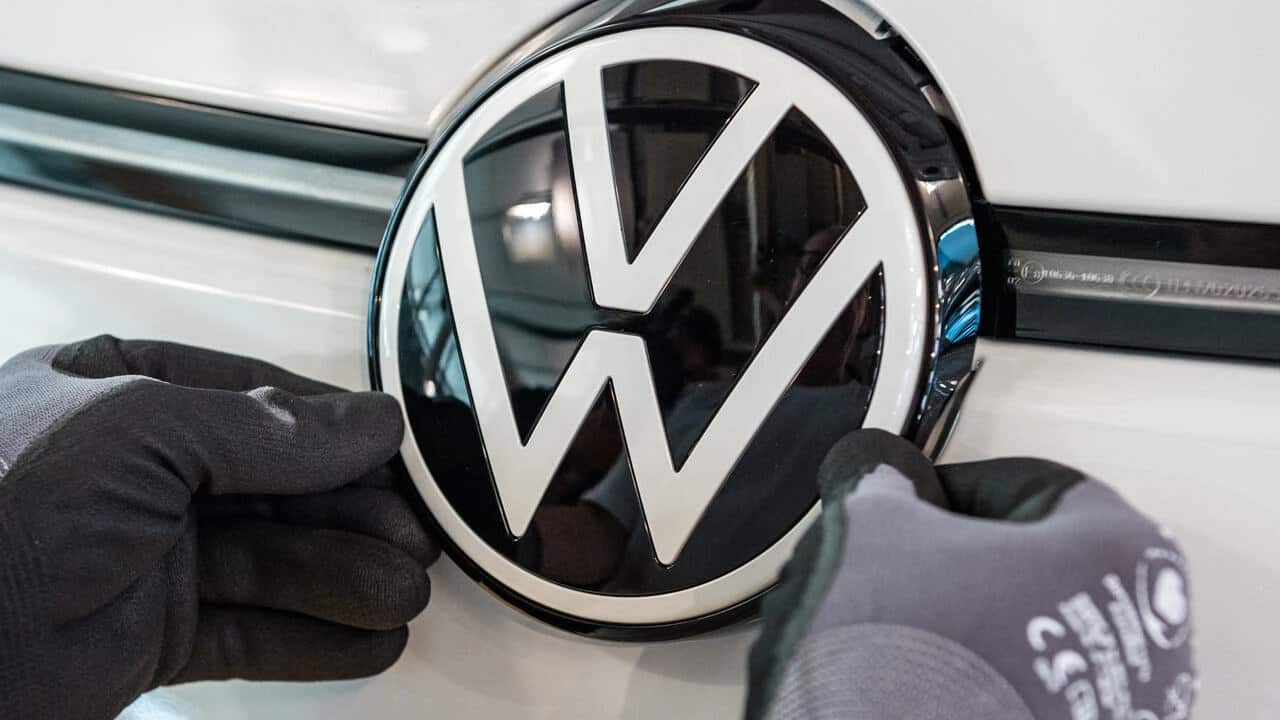Volkswagen said on Friday its net profits jumped last year despite selling fewer cars due to the semiconductor shortage as buyers forked out for better-equipped cars.
The German automaker’s net profit rose 75 percent to 15.4 billion euros ($16.8 billion) in 2021.
The 12-brand group sold 8.6 million cars last year, 600,000 fewer than in 2020 and 2.4 million below 2019 levels.
However, sales revenue rose 12 percent in part due to “favorable pricing” and reduced costs.
The world’s second-largest automotive group expects sales volumes to rise by 5 to 10 percent in 2022 despite the continuing impact of chip shortages, it said.
This prediction “is subject to the further development of the war in Ukraine and in particular the impact on the group’s supply chains and the global economy as a whole,” VW said in a statement.
Revenues are expected to rise between 8 and 13 percent in 2022, with operating return on sales to reach between 7 and 8.5 percent compared with 7.7 percent in 2021 and 4.3 percent in 2020.
In 2021, “customers were prepared to buy better-equipped cars” and “premium brands fared slightly better” than less expensive “volume” brands, VW’s financial director Arno Antlitz told an online conference.
In addition, Volkswagen was able to give fewer discounts and concentrate its semiconductor sourcing on Europe at the expense of other less profitable regions, Antlitz said.








